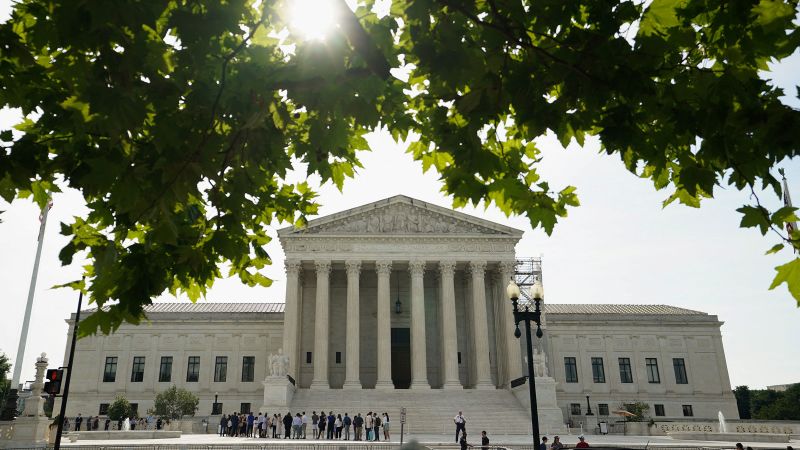In a recent ruling, the Supreme Court sided with James Snyder, the former mayor of Portage, Indiana, who had been accused of accepting a bribe in exchange for a towing contract. Snyder was convicted of accepting $13,000 from a trucking company, but argued that it was an after-the-fact “gratuity” not covered by federal bribery laws.
The 6-3 decision, drawn along conservative-liberal lines, marks another instance in which the high court has weakened federal anti-corruption laws. Justice Brett Kavanaugh, writing for the majority, expressed concerns that accepting the appeal could lead to unfair consequences for state and local officials.
During oral arguments, the justices discussed how the law could potentially apply to more common scenarios, such as a wealthy patient donating to a hospital where they received care. The issue at hand is whether defining what constitutes “corruptly” taking something valued at over $5,000 poses a challenge.
The Supreme Court’s recent decisions have shown a trend of interpreting federal anti-corruption laws narrowly. Last year, the court overturned fraud convictions in cases involving former aides of then-New York Gov. Andrew Cuomo.











